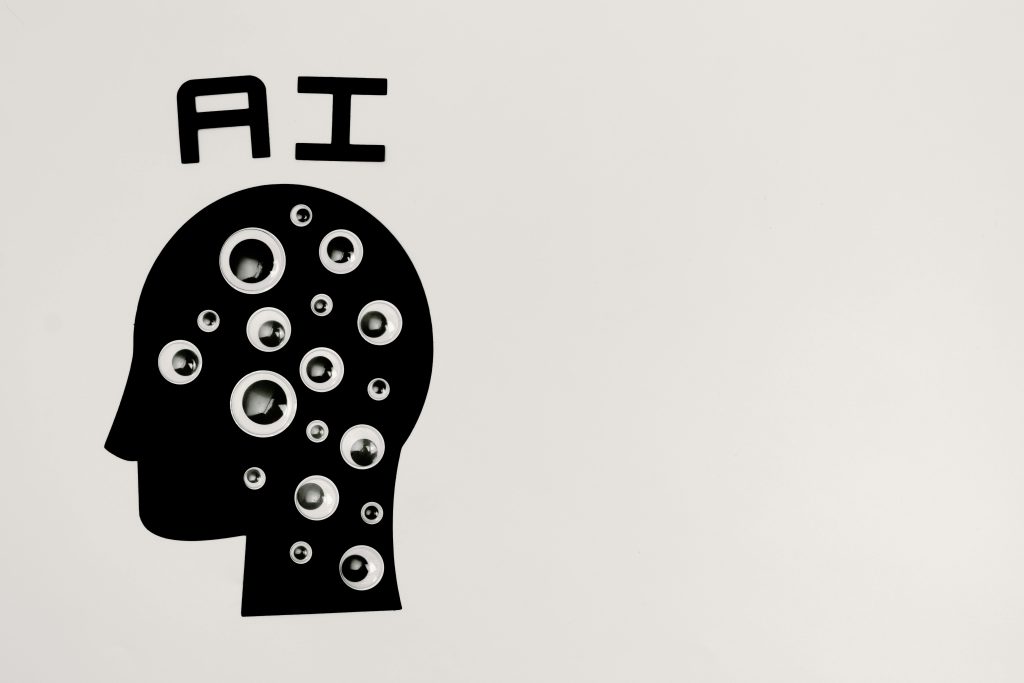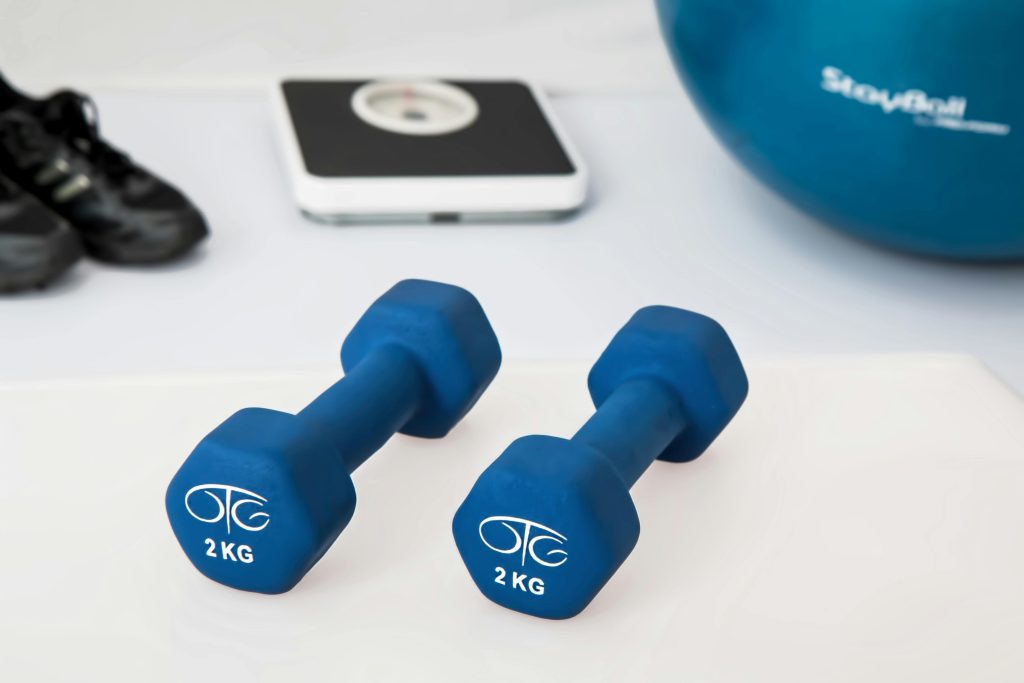SPORTS
AI and Scouting: Revolutionizing Talent Evaluation in Professional Sports
Artificial Intelligence (AI) is transforming the sports industry in profound ways, and one of the most impactful areas is scouting and talent evaluation. Traditionally, scouting relied on the subjective judgment of coaches and analysts, but AI now enables teams to evaluate athletes through data-driven insights and predictive models. This shift is especially prominent in the NFL, NBA, MLB, and soccer, where AI plays an essential role in identifying and developing top talent.
June 1, 2025
The Evolution of Scouting: From Intuition to Data-Driven Decisions
Scouting has evolved from in-person evaluations and basic statistics to a system that integrates advanced analytics. AI complements human expertise by analyzing large datasets, identifying patterns, and predicting outcomes, making the process more objective and efficient.
AI-Powered Data Collection and Analysis
Modern scouting platforms powered by AI collect data from game footage, wearables, and historical records. These tools evaluate:
• Speed and Agility – Using motion tracking to analyze acceleration and directional changes.
• Endurance – Monitoring fatigue and stamina through biometric sensors.
• Biomechanics – Assessing movement efficiency and injury risk.
• Tactical Awareness – Reviewing heat maps and decision-making in gameplay.
Computer Vision and AI in Video Analysis
AI enhances traditional film review with computer vision algorithms that analyze player movement, spacing, and decision-making. These systems help scouts:
• Track player trends over time.
• Detect strengths and weaknesses.
• Compare prospects to current or historical professional athletes.
AI and Predictive Scouting Models
Beyond past performance, AI predicts future success using machine learning trained on extensive data. In drafts, AI is used to:
• Identify undervalued talent.
• Forecast pro-level performance.
• Project injury risk and career trajectories.
Virtual Scouting and Global Talent Identification
AI expands scouting reach by evaluating talent worldwide through platforms like aiScout. Athletes submit footage and metrics, which AI analyzes for potential. This levels the playing field for prospects in under-scouted regions.
AI and Cognitive Scouting
AI also assesses mental agility, decision-making, and stress response. Cognitive AI tools provide insights into:
• Reaction time.
• Strategic thinking.
• Adaptability and mental resilience.
AI and Scouting in Different Sports
• NFL – Uses RFID data for speed and injury prediction.
• NBA – Analyzes shooting mechanics, rotations, and decision-making.
• Soccer – Tracks spatial awareness and tactical fit.
• MLB – Evaluates pitch velocity, batting mechanics, and fielding using advanced analytics.
Ethics Considerations and Challenges
Despite its advantages, AI in scouting raises several concerns:
• Data Privacy – Athletes must retain control over biometric and performance data.
• Bias in AI – Historical data can introduce or reinforce bias if not properly managed.
• Balancing AI and Human Insight – The best outcomes come from merging AI precision with human intuition.
Future Outlook of AI in Scouting
As AI continues to evolve, it will offer:
• Virtual Tryouts – Remote AI evaluations.
• Personalized Training Plans – AI-guided regimens.
• Real-Time Game Feedback – Instant performance analysis to inform in-game decisions.
Conclusion
AI is revolutionizing how teams scout and develop talent, offering objective, data-rich insights that enhance decision-making. From analyzing video and performance metrics to predicting career success, AI is reshaping professional scouting. While data privacy and bias remain concerns, the integration of AI with traditional methods ensures more accurate, inclusive, and effective talent evaluation.
• Endurance – Monitoring fatigue and stamina through biometric sensors.
• Biomechanics – Assessing movement efficiency and injury risk.
• Tactical Awareness – Reviewing heat maps and decision-making in gameplay.
• Detect strengths and weaknesses.
• Compare prospects to current or historical professional athletes.
• Forecast pro-level performance.
• Project injury risk and career trajectories.
• Strategic thinking.
• Adaptability and mental resilience.
• NBA – Analyzes shooting mechanics, rotations, and decision-making.
• Soccer – Tracks spatial awareness and tactical fit.
• MLB – Evaluates pitch velocity, batting mechanics, and fielding using advanced analytics.
• Bias in AI – Historical data can introduce or reinforce bias if not properly managed.
• Balancing AI and Human Insight – The best outcomes come from merging AI precision with human intuition.
• Personalized Training Plans – AI-guided regimens.
• Real-Time Game Feedback – Instant performance analysis to inform in-game decisions.




